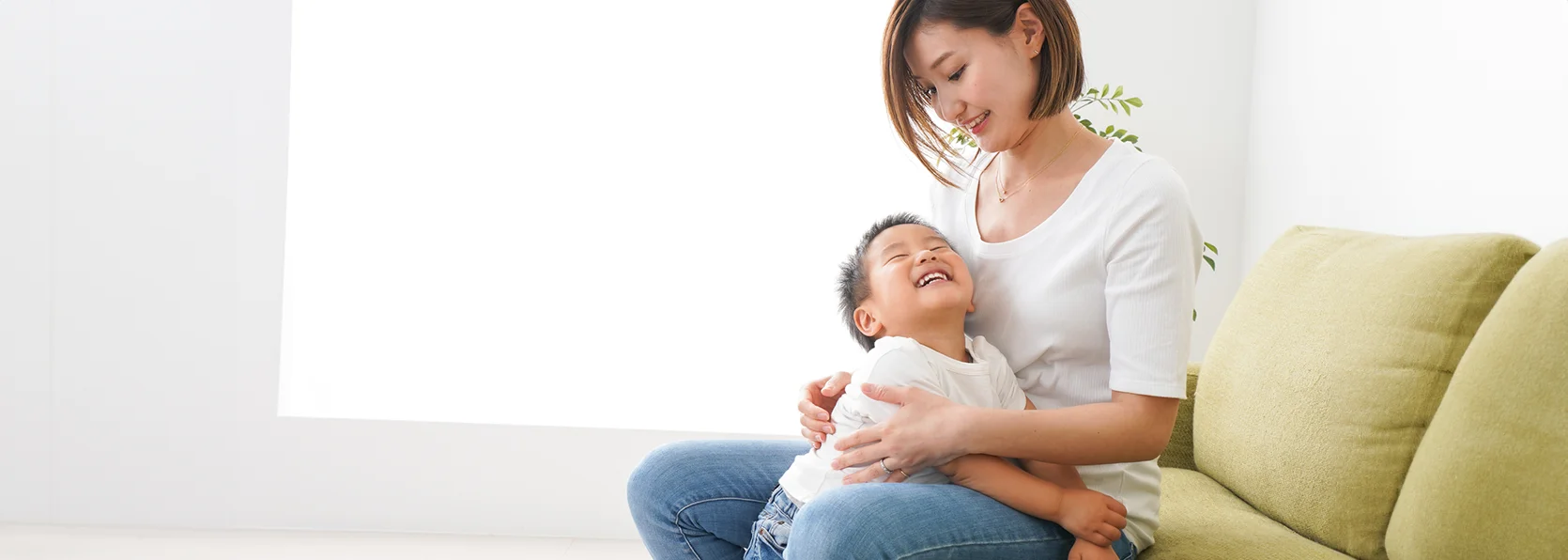
Chickenpox, also known as varicella, is a highly contagious viral infection caused by the varicella-zoster virus (VZV). It primarily affects children under 10 years of age, though it can occur in people of any age who have not been vaccinated or previously infected.
The disease spreads easily, particularly among unvaccinated individuals. It is transmitted from person to person through direct contact with the fluid-filled blisters, respiratory droplets from coughing or sneezing, or even by touching contaminated surfaces. In fact, up to 90% of people who are not immune and are in close contact with someone infected with chickenpox will also contract the virus.
The first signs of chickenpox typically appear between 10 to 21 days after exposure. The main recognisable symptom of chickenpox is an itchy, fluid-filled rash that often starts on the face and spreads to other parts of the body, including the back, groin, armpits, and under the breasts. The rash forms into red spots, which develop into blisters.
Chickenpox is contagious from the first day before a rash appears until all sores have crusted over—usually seven days after the first noticeable symptoms.
In addition to the rash, other common symptoms of chickenpox include:
Chickenpox is highly contagious and spreads easily from person to person. The varicella-zoster virus primarily spreads through:
Due to its highly contagious nature, chickenpox can spread rapidly, particularly in environments such as schools, daycare centers, and homes where people are in proximity to each other.
Chickenpox is a common childhood disease that usually heals without any complications. In rare cases, however, it may lead to serious complications in babies, pregnant mothers, adolescents and adults, and people with a weak immune system.
In more severe cases, patients may experience pneumonia, inflammation of the blood vessels, brain swelling, and infections of the bloodstream, bone, or joints.
Adults infected with chickenpox may experience more severe symptoms and complications compared to children.
The chickenpox virus also causes shingles. The varicella virus stays inactive in the body after a person recovers from chickenpox. The virus can reactivate many years later, causing shingles.
When shingles occurs, the affected individual will experience a painful and itchy rash over one side of the face or body. Pain or tingling sensations can be felt in the area where the rashes appear.
If your child has chickenpox, the treatment mainly focuses on relieving symptoms and preventing complications. Common chickenpox treatment options include:
In most cases, healthy children recover well with sufficient rest and fever control. However, in more severe cases, especially if the child is at risk for complications, your doctor may prescribe antiviral drugs. The decision to use antiviral treatment depends on factors such as:
As always, it's essential to follow the doctor's advice to ensure your child’s recovery and avoid complications.
The chickenpox vaccine is a safe and effective way to protect against the varicella-zoster virus and its associated complications.
The chickenpox vaccine is a live attenuated virus vaccine (a disease-producing virus that is modified, or weakened in a lab to produce an organism that delivers immunity in the body without causing illness).
The chickenpox vaccine is given in two doses.
An alternative option is the MMRV vaccine, which combines the MMR (mumps, measles, rubella) and chickenpox vaccines in one shot. It’s recommended for children aged one year and older.
If you have chickenpox, stay off school, work, or nursery until all spots have scabbed over (usually about 5 days after they appear). Here’s how you can treat chickenpox yourself:
Do:
Don’t:
Important:
Keep away from newborn babies, pregnant individuals, or those with weakened immune systems, as chickenpox can be dangerous for them.
Studies have reported that the effectiveness of a two-dose varicella vaccine ranges between 84% to 98%. According to the CDC, people vaccinated against chickenpox maintain antibodies for at least 10 to 20 years after childhood vaccination.
The vaccine is highly effective in preventing chickenpox, particularly for those who have never had the disease or been vaccinated. It also helps to reduce the severity of symptoms and associated complications. If a vaccinated person does contract the virus, the vaccine helps reduce the severity of symptoms and complications, and also lowers the risk of serious outcomes. It can also help to reduce the spread of the virus to those who are not vaccinated. Additionally, it helps to prevent the spread of the virus to others, especially those who are not vaccinated.
It is important for children to receive the chickenpox vaccine to protect themselves and others from this highly contagious virus. Overall, getting the varicella vaccine is much safer than contracting chickenpox, which can lead to serious health problems.
Although it is extremely rare, some individuals may get infected even after being vaccinated. However, the illness will be milder than if they had not been vaccinated, and recovery will typically be faster.
The chickenpox vaccine is safe and effective, but like any vaccine, it may cause mild side effects, including:
The chickenpox vaccine remains a safe and highly effective way to protect against chickenpox and its potential complications.
If you want to know more about chickenpox vaccination, get in touch with us to book an appointment today for a consultation, or visit our Paediatric Care Department at your nearest Gleneagles Hospital.
Chickenpox begins with fever, tiredness, headache, and loss of appetite. Within 1 to 2 days, an itchy red rash appears and turns into fluid-filled blisters.
Chickenpox lasts 7 to 10 days. Blisters appear in the first 4 days, then scab and heal within 1 to 2 weeks.
The common symptoms include:
Yes. Adults who never had chickenpox or the vaccine can catch it. Symptoms are often more severe in adults.
Chickenpox clears in 1 to 2 weeks. Recovery happens when blisters scab over and fall off.
Yes. Use lukewarm water and mild soap. Pat your skin dry to avoid infection.

Wait a minute